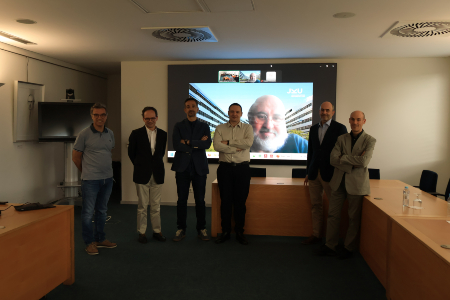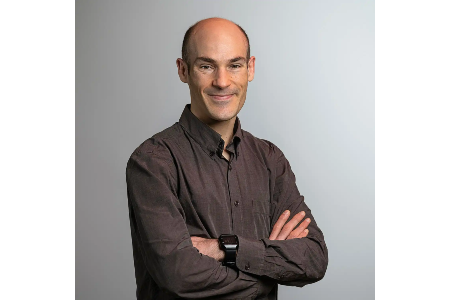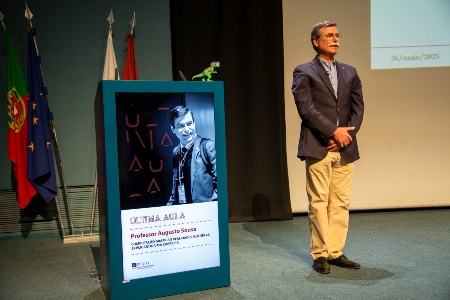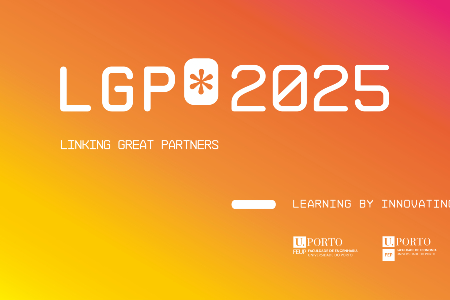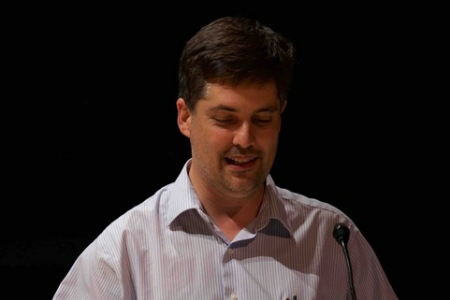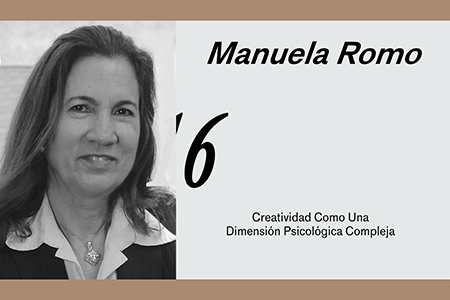Diogo Castro, a first-year student on the Bachelor’s Degree in Informatics and Computing Engineering (L.EIC), won the gold medal at the 2nd World Boccia Challenger Tournament, organised by the Pajulahti Olympic and Paralympic Training Centre, which took place from the 9th to the 17th of May 2025 in Finland.
Nuno Teixeira (SICC/FEUP) interviewed the winner after this remarkable achievement:
“At just 18 years old, Diogo Castro is already a force to be reckoned with on the world boccia scene.
After winning the gold medal at the World Youth Championships in March this year in Brazil, the first-year student of the Bachelor’s Degree in Informatics and Conputing Engineering is already looking ahead to the next competitions with ambition, with a special focus on the Paralympic Games.
For now, the FC Porto athlete will participate in the European Championships, to be held in Zagreb, Croatia, between 8 and 16 July, where, as usual, he wants to hear ‘A Portuguesa’ at the end of the competition.
How did Boccia come into your life?
I tried Boccia quite early, when I was eight, but the schedules weren’t compatible with school, so it wasn’t until I was 10 that the opportunity arose to play at FC Porto, but mainly with the aim of socialising and doing something different.
Tell me a little about your sports career in Boccia.
At first, it was just for fun, but over time I realised that the sport was much more than just ‘throwing balls’. As the years went by, and with the achievement of some medals, the way I looked at the sport changed and became more competitive. With several achievements in youth championships, I realised that I could evolve more and more. However, I acquired new equipment, namely the ramp/track and balls, to remain competitive in a sport that is constantly growing.
What do you like most about playing Boccia?
That it is a tactical game, where the athlete who thinks the game through best overcomes the difficulties created by their opponent.
You play in a Boccia class called Bc3. What does it consist of and how is it different from the others?
Athletes are divided into different classes according to their physical condition. In my case, as I don’t have the strength to throw the ball, I use a ramp. Bc3 is the only class that uses a ramp and the help of a ramp operator, who doesn’t see the game and just does what I ask him to do, which is to place the ramp in the direction of the game and the ball at the right height.
How does this connection between you and the ramp operator work?
In my case, the ramp operator is my father, who acts as my arms and legs. It is important to be in tune with the ramp operator, because the information I give him has to be clear and easy to understand, as we have to play within the time limit (six minutes for individuals and seven minutes for pairs).
You are about to represent Portugal in the European Boccia Championships in July. How do you feel about this competition? Are you confident on a good result?
It will be an important competition that could earn me a lot of points for the world rankings, depending on the results. The best players in Europe will be there, who are also among the best in the world. I know that the level of difficulty is higher than any competition I have ever entered, but I am confident in my ability to take on the best. I like to take it step by step and my first goal is to get through the group stage, always trying to go as far as possible, with the dream of bringing home a medal.
Last month, you won the gold medal at the Pajulahti 2025 World Boccia Challenger in Finland, defeating three opponents from the world’s top 20. How did it feel to savour that moment?
For me, it was my first international individual medal for the senior team, which means a lot in terms of my goals. Feeling my efforts rewarded at the highest level by winning the gold medal was undoubtedly a unique feeling. Ending the night listening to ‘A Portuguesa’ made the moment unforgettable.
Were you expecting to win this medal in only your second international competition? What stood out most for you in this competition?
To be honest, the main goal was just to get through the group stage and then dream of winning a medal. It was important to hear praise from my opponents for my performance, as I was the youngest athlete in the competition.
Despite your youth, you already have a very interesting competitive record, with several national titles…
Honestly, I feel that I am at the peak of my short career, both nationally and, above all, internationally, playing for the national team. I am currently among the best boccia players in Portugal, thanks to improvements in equipment and greater dedication on my part in terms of training and competition, which has allowed me to achieve several national and international victories.
At the age of 18, Diogo Castro already has a career full of achievements, including third place in the World Boccia Youth Championship and the National Youth Championship, both in 2023, the National Youth Championship twice, pairs champion in the World Boccia Challenger (in Cairo, Egypt), National Absolute Vice-Champion, all in 2024, and already this year, he won the North Zone Regional Championship, the gold medal in the World Boccia Youth Championship Challenger in Curitiba (Brazil), first place in the World Boccia Challenger in Pajulahti (Finland), third place in pairs, also in the Finnish Challenger, and the silver medal in the Men’s National Individual Championship.
What has been the highlight of your career so far?
I can say that the most important titles I have won were precisely this season, from winning the regional championship to the world youth championship title in Brazil, ending with the gold medal at the Challenger in Finland.
Did you expect to perform like this when you started your career in boccia?
When I started my career, I was far from thinking that I could be where I am today. It was only in 2023 that I was called up for the world youth championship to represent the national team, and that’s when I realised what I could achieve with boccia.
How far do you hope to go in your sports career?
Currently, my dream of representing the national team at the Paralympics is a clear goal in my growth as an athlete.
Who are your idols in this sport?
I identify a lot with two athletes: Adam Peška and Daniel Michel, largely because their physical challenges are very similar to mine.
You are in your first year of a degree in Informatics and Computing Engineering. Are you enjoying it?
Yes, it’s going according to my expectations.
What made you choose FEUP and the field of Computer Engineering? Was it always your goal to study here at FEUP?
I have always been interested in new technologies, so computer engineering was always among my options. In addition to being close to where I live, FEUP is a nationally and internationally renowned engineering faculty, especially in the field of computer science. Since I made the decision to pursue this field, FEUP has been in my plans.
The transition from secondary school to higher education can be challenging. How was the adjustment?
In the first few weeks, I felt a clear change between the reality of secondary school and university, but I think I adapted well and currently feel well integrated.
The adjustment process can be seen as a two-way street. How does FEUP itself adapt to someone with your particular characteristics? Is there anything that could be done to improve it?
I think FEUP has adapted well to my needs, and it had all the conditions to do so, which clearly facilitated my integration.
How do you balance your Boccia training with your studies at FEUP?
Training is usually at the end of the day, which allows me to attend classes, so it’s easy to balance with training. The biggest difficulties arise during competition periods and national team training camps, when it becomes more difficult to keep up with the coursework.
What would you change to make this balance easier?
I don’t see how I could change anything, as the dates are not flexible and we always have to adapt.
What are your main goals in life as an athlete and engineer?
The ideal would always be to be able to balance my sporting and professional life, i.e. always being available to train and compete without giving up my professional time.


